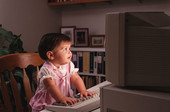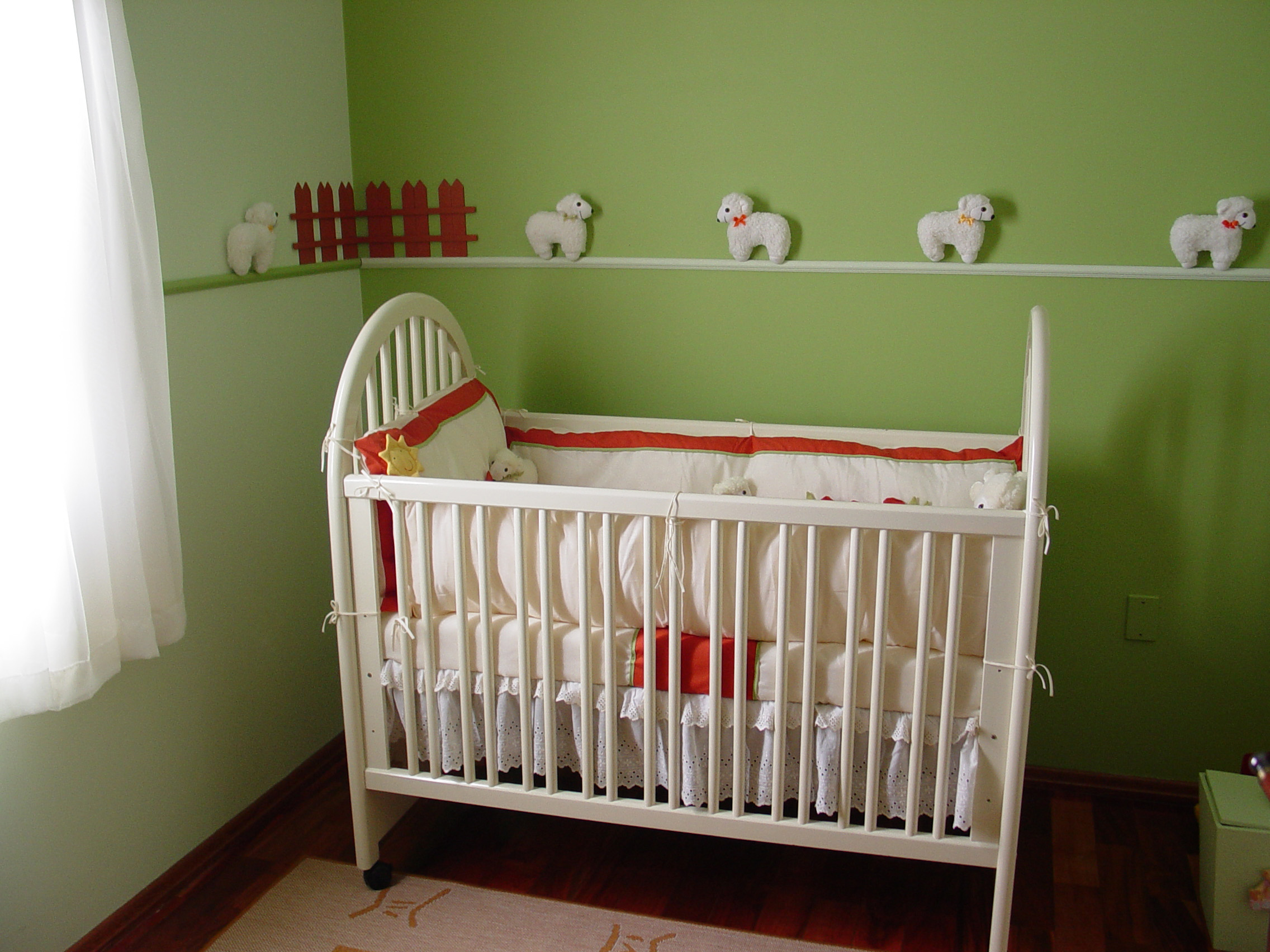
MONDAY, March 1 (HealthDay News) — Well-intentioned parents who prop their infants in front of supposedly brain-enhancing DVDs in the hopes they will learn more words might actually be accomplishing nothing, new research shows.
What’s more, the study found that children who started viewing the DVDs at an earlier age actually had lower levels of overall language achievement.
“Kids this age are basically little scientists exploring the world, figuring out how it works,” said Dr. Jeffrey Brosco, a pediatrics professor at the University of Miami Miller School of Medicine. “They walk around stuff to see what it looks like on the other side. They drop something to see what happens. They’re active learners so you would think that a video that doesn’t really promote active learning or social engagement would probably not promote language acquisition.”
Rahil Briggs, director of Healthy Steps at Children’s Hospital at Montefiore and an assistant professor of pediatrics at Albert Einstein College of Medicine in New York City, added that, with such DVDs, “there might be a little bit of science and a whole lot of marketing.”
Lack of social interaction while watching a TV screen might be the main explanation for the lack of progress that the researchers found.
“We’ve known for a long time that live social interaction is very important for how children learn — things like interacting with parents, a teacher or even an older sibling,” said Rebekah A. Richert, lead author of the study, which is scheduled to be published in the May print issue of Archives of Pediatrics & Adolescent Medicine. “Our study suggests that a TV screen and people on a TV screen can’t replace that live interaction.”
Dozens of so-called educational DVDs and videos are marketed to parents. According to the study, infants start watching this type of programming at, on average, 5 months old.
More than one study, however, has reported that this type of media can hamper vocabulary development. After research from the University of Washington found that the DVDs did, indeed, hinder new-word acquisition, one of the creators of the Baby Einstein series filed suit against the university, alleging that it had failed to respond to requests for public records.
The new study involved 96 infants, between 12 and 25 months old. Half were assigned to watch the Baby Wordsworth DVD (one of the Baby Einstein series) at home five times in every two-week period over a total of six weeks.
Children were tested in a lab every other week to see if they were learning the words highlighted in the DVD. Parents or caregivers also reported on the children’s progress.
The researchers found that the video did not enhance language acquisition, nor did it hamper it. But the earlier a toddler started watching the videos, the lower the child’s overall language development, the researchers found, though they added that this could have been related to other characteristics in the child’s home.
“This doesn’t tell you very much because the sort of family that turns on a video player for a 1-month-old may not talk much to their kids anyway,” Brosco said.
“There are lots of reasons why that could be,” added Richert, who is an assistant professor of psychology at the University of California, Riverside. “We ask that parents think about why they’re showing children DVDs at young ages.”
Overall, though, interaction with actual human beings seems to be the key learning tool for young kids.
“Social interaction seems to be most important to kids in the first few years of life,” explained Brosco, who is a father of four. And Briggs agreed.
“We know that from the first days of infancy through the toddler and early childhood years, social interaction is absolutely the ideal mode for learning,” Briggs said. Rather than spending 30 minutes or so going to the store to buy a video, parents should just take that time to “talk to their kids about what they see outside,” she said. “I tell parents to pretend to be sportscasters, narrating action on the field, so to speak.”
Efforts by HealthDay to reach the owner of the Baby Einstein series, the Disney Co., for comment were unsuccessful.
More information
Learn more about children’s language and speech development from the American Speech-Language-Hearing Association.

